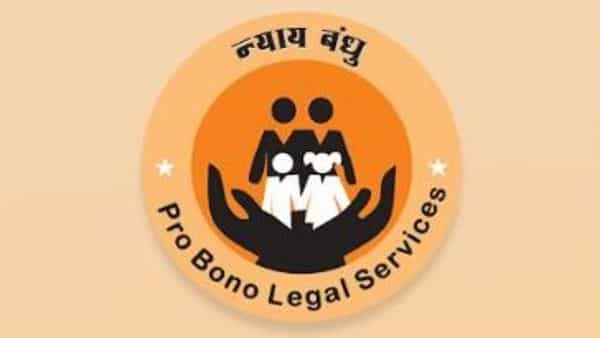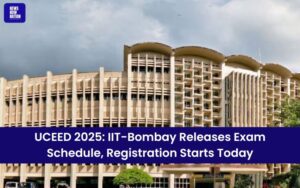
According to Nikita Pattajoshi, an instructor at the National Law University in Odisha, legal aid is still generally inaccessible to most people in the villages and hinterlands, and a significant part of this is due to a lack of information
Despite existing legal assistance programmes, she claimed that many people are hesitant to use them or are unsure of how to do so.
“Our pupils enter the picture here,” she said.
Nyaya Bandhu, an initiative of the central government, enlists law students as its foot soldiers in an effort to offer free legal services to everyone in need, particularly the poorest and most marginalised citizens.
Law schools all throughout India have established “probono clubs” as part of the program’s legal literacy and awareness component to settle local disputes through community mediation or other alternative dispute resolution procedures
“It is crucial to emphasise the significance of free services in India. People have high expectations, based on what we’ve observed on the ground.
They anticipate that when we visit a village to discuss mediation, issues will be resolved quickly.
Incharge of the probono club at NLU Odisha Pattajoshi said, “We can only meet half of those goals if we have capacity building in terms of pro-bono advocates and club members.
The probono clubs are managed in conjunction with the union law ministry’s department of justice, which is distinct from the current legal aid clinics operating in many law schools (DoJ).
The scheme’s overarching goal is to increase the effectiveness and calibre of pro bono legal services by aiding pro bono attorneys through law students.






